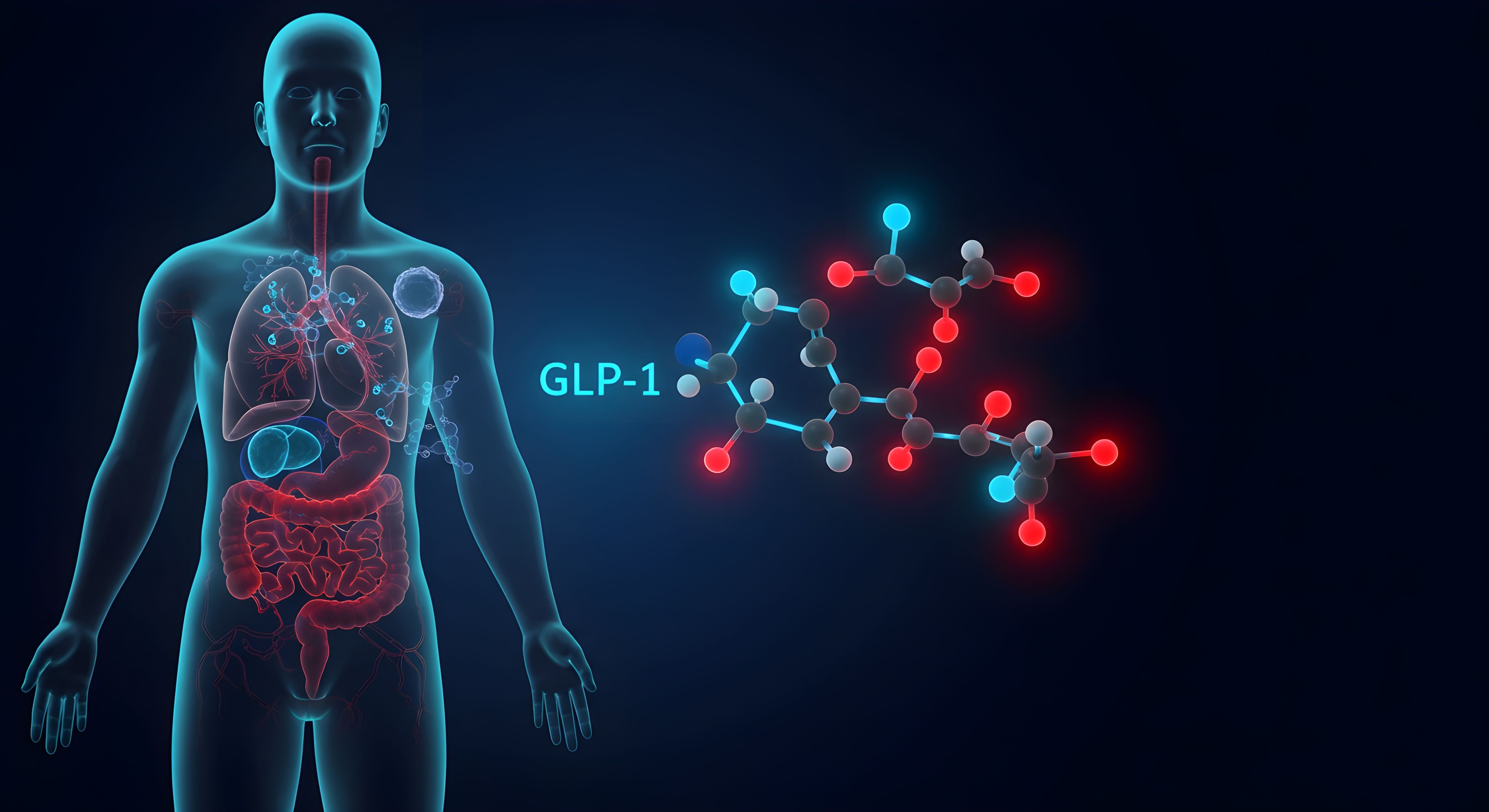Article
Rape and Psychiatric Commitment
Author(s):
I was asked three interesting questions by a psychologist with 15 years experience evaluating sexually violent predators. She has testified often--both for the prosecution and for the defense in the hearings that determine the legitimacy of involuntary psychiatric commitment under SVP statutes.
I was asked three interesting questions by a psychologist with 15 years experience evaluating sexually violent predators (SVP). She has testified often--both for the prosecution and for the defense in the hearings that determine the legitimacy of involuntary psychiatric commitment under SVP statutes.
She begins: "I have been following your ongoing articles/blogs regarding the misuse of "Paraphilia NOS, nonconsent" in legal settings and the folly of its possible inclusion in DSM-V. I appreciate the battle you are waging to keep the DSM from being a weapon in the current hysteria and witch hunt.
My questions are:
1. If Paraphilia NOS is not a necessary or suitable qualifying diagnosis, which ones are? Of course this question will be hotly debated in court and I do not want to put you on the spot regarding this matter, but perhaps you have some thoughts you are comfortable sharing that are above and beyond what you have written so far. I would like to know more about your thinking process. Does this open the door to any mental disorder, or do you think that only some limited diagnoses are acceptable?
2. Secondly, how do you feel about the use of the diagnosis Personality Disorder NOS, followed by a list of traits? This is often part of the justification for commitment in SVP evaluations. Is this appropriate diagnostic practice?
3. What do you think about the available actuarial methods of quantifying future sexual dangerousness?
My answers are:
1. Which diagnoses qualify in SVP commitment is a legal, not psychiatric question--one that desperately needs to be settled in the courts, not by the evaluators. One thing seems clear--there is no rationale for restricting SVP diagnoses only to the paraphilias. I have reviewed cases in which schizophrenia, mood disorder, substance dependence, mental retardation, and antisocial personality would qualify as obvious predisposing factors from a psychiatric standpoint. It needs to be tested in the courts which of these also qualifies legally. Antisocial personality disorder would create the greatest problems because of its frequency among rapists-- but again I would let the courts decide.
So, in summary, I would encourage evaluators to diagnose whichever applicable mental disorders predispose to rape and then leave the question of which ones legally qualify to the courts. Equally, I would discourage evaluators from using the forensically inappropriate diagnosis "Paraphilia NOS," in both its nonconsent or hebephilia forms. My objection is to any misuse of psychiatric diagnosis--but particularly in consequential legal proceedings and in a way that compromises the constitution, civil rights, and the integrity of our field.
2. I think Personality NOS is an inherently unreliable diagnosis that is unsuitable and meaningless in legal proceedings. It should be used only for clinical, not for forensic purposes.
3. The prediction of future risk is inherently fallible--whether it is for earthquakes or hurricanes or criminal recidivism. The actuarial methods currently in use are misleading in their pseudo precision; come up with different answers depending on methods used and samples studied; and are difficult to apply to the individual case. Prediction is still no more than an imprecise art, certainly not a precise science. Actuarial methods help, but must be taken with a grain of salt.
Bottom line: SVP evaluations should be performed with more much diagnostic accuracy and offered with predictive modesty.
Newsletter
Receive trusted psychiatric news, expert analysis, and clinical insights — subscribe today to support your practice and your patients.






